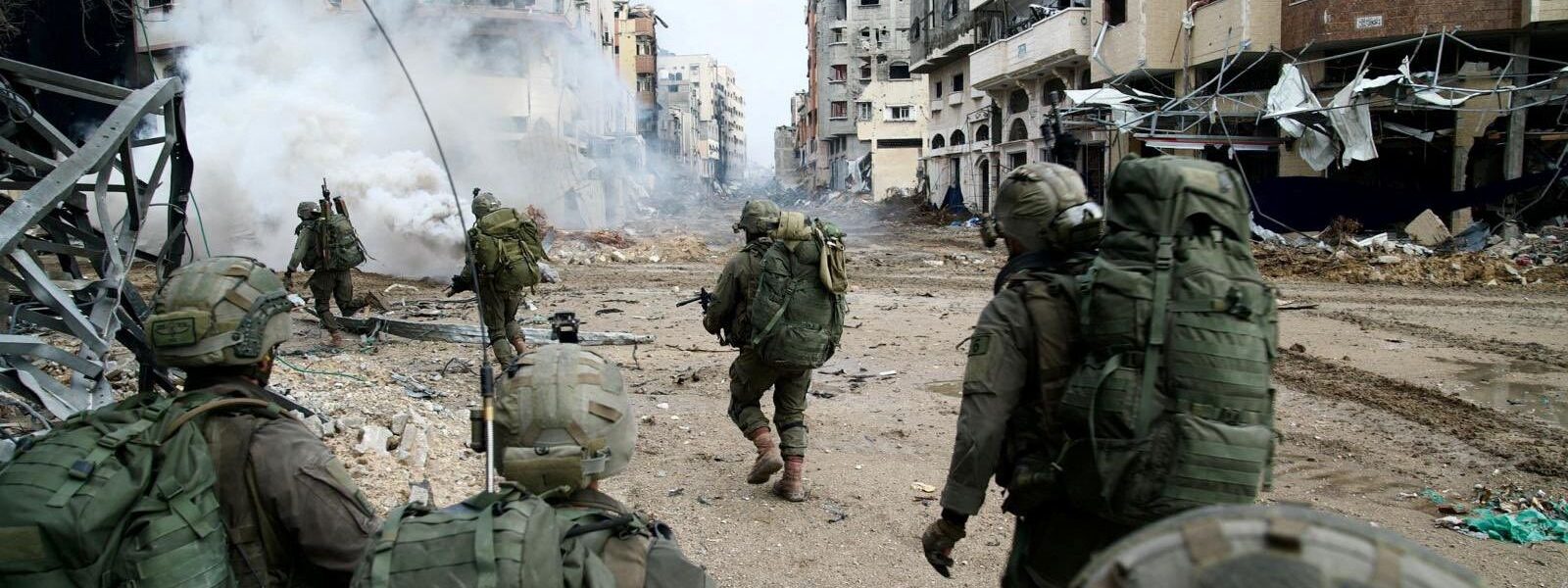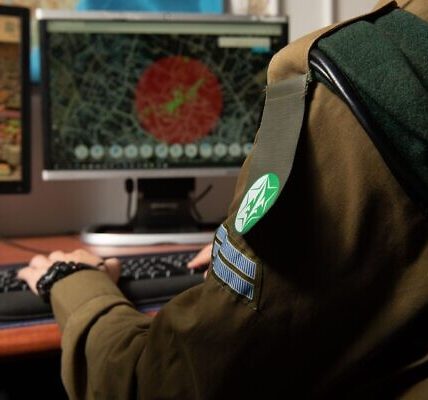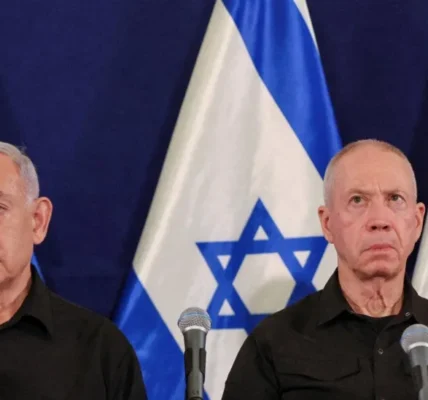THE SECURITY PODCAST : Gen. Charlie Herbert on Gaza war polarisation, lessons from intractable wars

(Source – IDF SPOKESMAN’S UNIT)
The conflict in Gaza has deeply divided global communities, stifling productive discussions. Major General Charlie Herbert, a retired senior Army officer with extensive experience in Afghanistan, shared his perspectives on the war’s conduct, Gaza’s future, and the potential for peace with The Security Podcast.
He also reflected on his experiences in Southern Afghanistan in 2006 and 2007, where the focus was on quantifying military success by the number of Taliban combatants killed.
“After eliminating 3,000, 4,000, or even 5,000 over several years, you come to realise that you’re no closer to winning the campaign,” he explained, emphasizing that focusing solely on body counts is ineffective. “I don’t believe the IDF and Israel can achieve victory or sustainable peace through military means alone,” he stated.
Gen Herbert also suggested that the reconciliation process in Northern Ireland could offer valuable lessons for achieving peace in the Middle East. Reflecting on the Good Friday Agreement, he added “It took 30 years to achieve, and it wasn’t just military force or policing or intelligence that made it happen. It was the combined use of all national resources—economic, developmental, educational, and social efforts—that eventually led to a resolution.”
Key takeaways
- Israel has damaged Hamas, but its military actions have not eliminated Hamas.
- Israel can’t kill its way to victory or a better peace.
- The future of Gaza remains uncertain and potentially violent.
- A political solution to the ongoing conflict is urgently needed. 9/11 proved that military solutions do not automatically resolve political issues.
- All the regional actors including Saudi Arabia and probably Iran, and the United States need to be involved in peace talks.
- There is a need for multi-faced approaches to peace in Gaza, akin to those seen in Northern Ireland, the only way to peace is negotiation.
- Gen Herbert is not sure that Israeli Prime Minister Benjamin Nethanyahu wants a peace deal.
- The war in Gaza between Hamas and Israel is shaking belief in post-war international institutions.
- Being critical of the Israeli Defence Force and campaign does not mean you are a Hamas supporter.
- Israel does not have an end game for Gaza.
- Public discourse on the conflict is highly polarised and is reverberating around the world.
Chapters
00:00 Military Overview of the Israel-Gaza Conflict
10:45 Political Solutions and the Two-State Debate
19:36 Hostages and Negotiation Dynamics
28:09 Polarisation of the Debate in the UK and Beyon

























































































































































































































































































